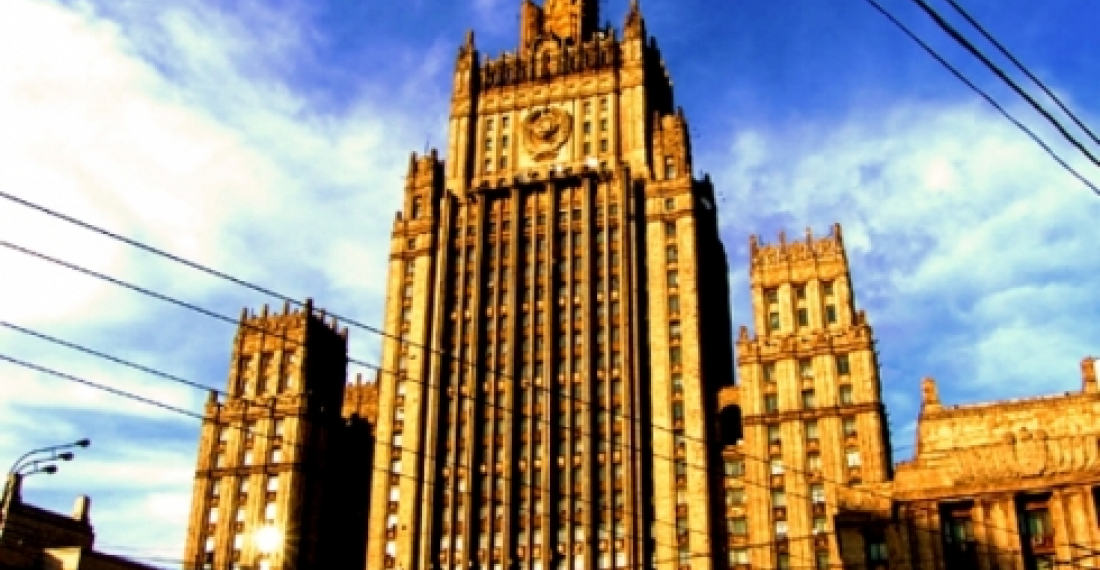Russia is too busy to attend a meeting of the Commonwealth of Independent States (CIS) Foreign Ministers in Ukraine, and proposes to wait until 4 April when a regular meeting is scheduled.
The Russian News Agency RIA Novosti reported that the Russia's Deputy Foreign Minister Vasily Nebenzia confirmed that Ukraine had called for a meeting of the CIS Foreign Ministers Council in Kiev on 7 March but said that the Russian Minister and other Ministers were too busy to attend.
Commonspace.eu political editor said in a comment that given that the situation in Ukraine at the moment is the biggest crisis in the post Soviet space since the collapse of the USSR and the creation of the CIS, the inability of the CIS Foreign Ministers to even meet to discuss the issue lays bare the fact that this organisation is completely dysfunctional and exists only as a fig leaf. The organisation has already shown in the past that it is ineffective, not least during the crisis in Georgia in 2008. But its inability to even convene a meeting that is being called by the country holding the current chairmanship - Ukraine - probably heralds the death toll of the organisation. Whilst no one had any illusions that the CIS could be the organisation that could broker a solution to the current crisis in Ukraine, it was well placed to offer a forum that was comfortable for Russia where a dialogue with the Ukrainian government could take place. Russia's failure to respond to this opportunity add to the already huge question marks about its intentions.
source: commonspace.eu.
photo: The building of the Foreign Ministry of the Russian Federation in Moscow.
Commentary
Ukraine called for a meeting of the CIS Foreign Ministers in Kiev on 7 March but the Russians said they were too busy to attend.







